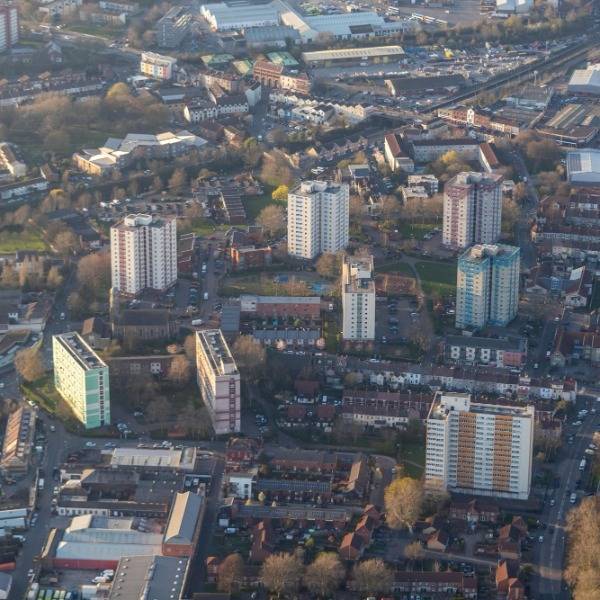The spate of murders by Islamist militants in Bangladesh is a profoundly worrying trend. Since 2013, more than 20 people (including secularists, academics, members of religious minorities and two foreigners) have been killed. Many were hacked to death with machetes – the brutal hallmark of Bangladesh’s militants.
The murder of four people over a few days in late April heightened fears that the violence is escalating. As New Humanist reported in its autumn 2015 cover feature, these attacks initially focused on secular and atheist bloggers, writers and academics. Now, militants appear to be widening their net. Rezaul Karim Siddique, a university professor who was killed on 23 April, was not an atheist, although militants deemed his activities “un-Islamic”. Two days later, the prominent gay rights activist Xulhaz Mannan and his friend were also killed. On 30 April, the Hindu tailor Nikhil Joarder was hacked to death. He had served two weeks in prison in 2012 for allegedly insulting the Prophet Muhammad, a charge that was later withdrawn.
Since the killings began in 2013, various “hit lists” have circulated in Bangladesh. Many of those named have been secularists or atheists but not everyone included fits this profile. Radical elements want to target anyone they perceive to be rejecting their version of religion, even if those people are practising Muslims. But until recently, those murdered were primarily associated with the country’s small community of freethinkers.
The recent high-profile murders of individuals who were not associated with the secularist movement – some were simply members of other faiths, foreigners residing in Bangladesh, or rights advocates – indicate that extremists feel empowered to act against an ever-larger group of people. Bangladesh’s militant landscape is complex and murky and the attacks are not the work of a single group; organisations associated with al-Qaeda and Islamic State have variously claimed responsibility. They have in common a violent bigotry, a strategic awareness that these murders are attracting attention and serving their fundamental aim of spreading terror, and confidence in their impunity.
This confidence has grown as the Bangladeshi government has failed to take decisive action, either to protect those whose names have featured on hit lists that have been circulating for several years, or to investigate and prosecute those responsible for the murders.
Instead, the government, led by Sheikh Hasina’s supposedly secularist Awami League, has remained mired in Bangladesh’s political polarisation, blame-shifting and point-scoring rather than making serious attempts to prevent further violence.
After the LGBT activist Xulhaz Mannan was murdered on 25 April, Hasina said that opposition parties “are involved with these secret killings, as they want to destabilise the government and the country”. Afraid of losing votes, she has pandered to the religious conservative elements of Bangladeshi society, recently issuing a warning to those who criticise religion: “I don’t consider such writings as freethinking but filthy words. Why would anyone write such words? It’s not at all acceptable if anyone writes against our prophet or other religions.” It is a far cry from the statement of solidarity that many would wish for.
Given this toxic political climate, there is no reason to believe the murders will stop any time soon.
A version of this article appears in the Witness section of the Summer 2016 issue of the New Humanist. Subscribe today.

